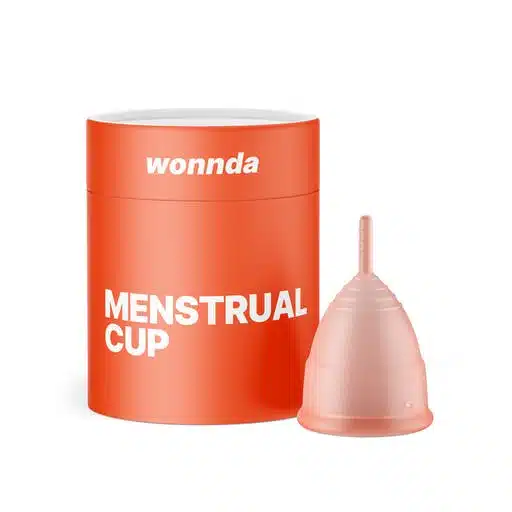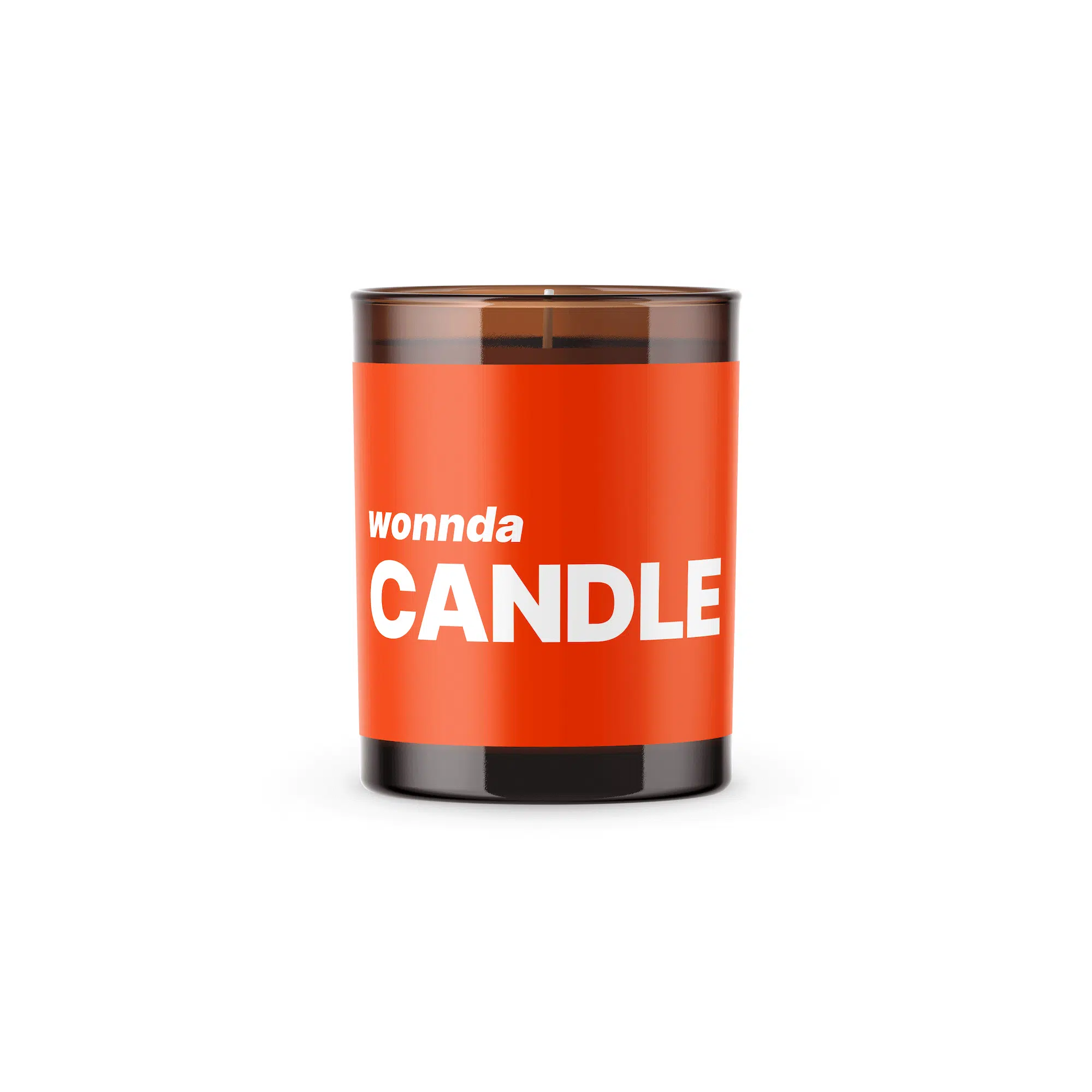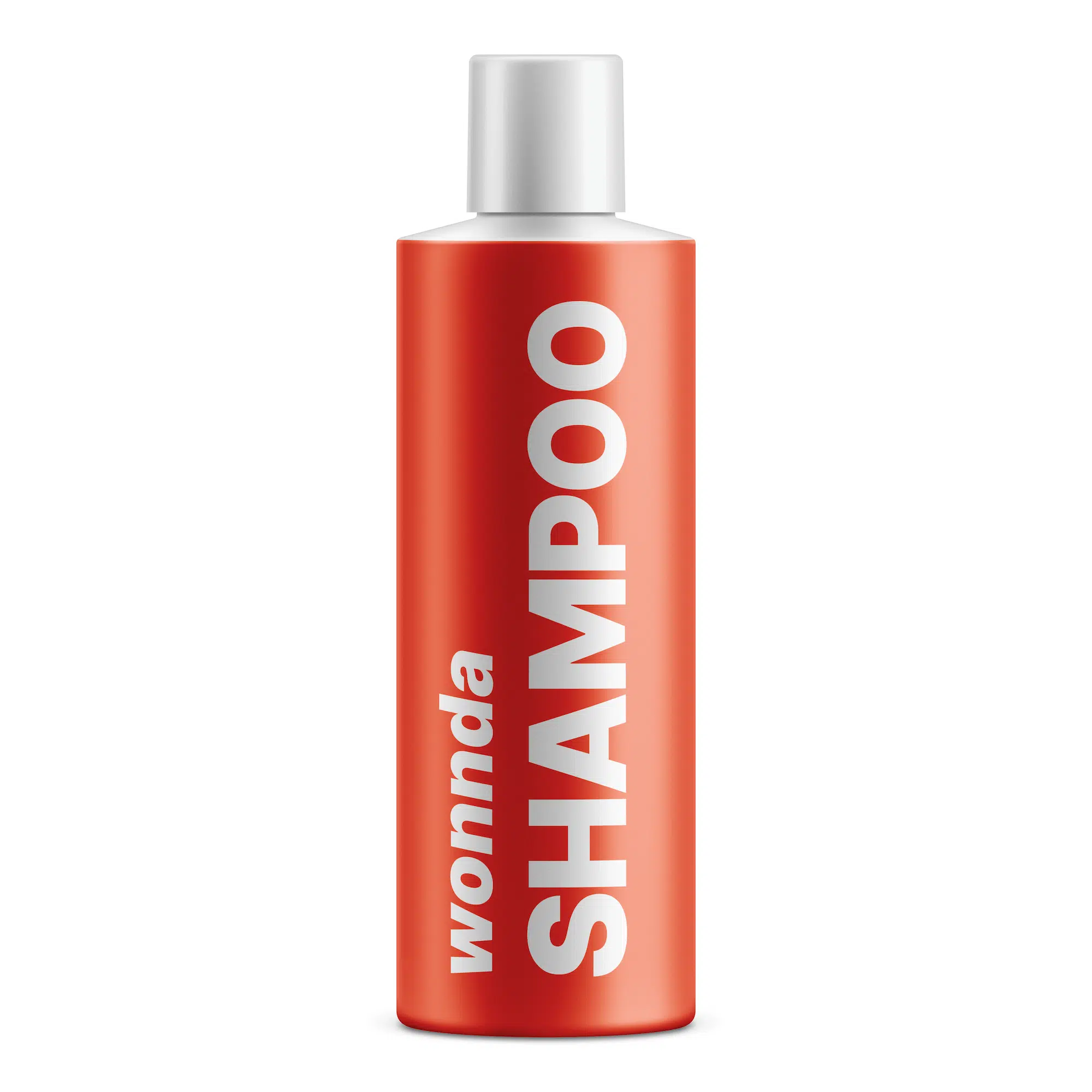The retail sector is a bustling industry packed with opportunities and stiff competition. One effective way for retailers to differentiate themselves and enrich their product offerings is by embarking on a private label journey.
The Role of Retailers in Private Label Production
The retail sector plays a significant role in the success of private label products. Retailers, with their direct access to consumers, possess valuable insights into consumer behavior and market trends. This knowledge gives them an edge in developing private label products that align with current demands and preferences.
Furthermore, the introduction of private label products can significantly enhance a retailer’s brand image and identity. These products, exclusively sold by the retailer, are often perceived as unique offerings that differentiate the retailer from competitors. This uniqueness can drive customer loyalty and encourage repeat purchases, contributing to the retailer’s long-term success.


Retail Statistics and Trends in Europe
The European retail sector is a significant contributor to the continent’s economy. According to Eurostat, the retail and wholesale sector accounted for 11.1% of the EU’s total GDP in 2021.
Furthermore, the private label market is booming in Europe. In 2021, the European private label market was worth approximately €150 billion, according to the Private Label Manufacturers Association (PLMA). The market is expected to grow at a compound annual growth rate (CAGR) of 4.3% from 2022 to 2027.
Countries like Germany, the United Kingdom, and France lead in private label sales, with market shares of 45%, 46%, and 30% respectively. However, southern and eastern European countries are catching up, with private label market shares steadily increasing over the years.
Moreover, private label products’ market penetration varies across product categories. According to Nielsen, in 2021, private label products accounted for approximately 30% of all grocery sales in Europe. In some categories, like milk, fresh produce, and bread, the market share of private label products was even higher.
Private Label, White Label, and Contract Manufacturing: A Breakdown
In the expanding world of supplement production in Europe, there are three popular production models brands often consider: private label, white label, and contract manufacturing. Each model presents distinct opportunities and benefits, depending on a brand’s specific needs, resources, and business goals.
Private Label Manufacturing
Private label manufacturing involves a production agreement where a manufacturer creates a unique product to be exclusively sold under a brand’s name. With this approach, a brand has the liberty to customize the product formula, design, and packaging to match its identity and customer expectations. This model is advantageous for brands aiming to establish a unique position in the market with a product exclusively associated with their brand.
For instance, if you were a brand looking to launch a line of private label supplements in the European market, you could partner with a local manufacturer to create a bespoke supplement formula. You’d have control over aspects like ingredient selection, flavor, and packaging design, ensuring that the final product aligns with your brand image and customer preferences.
White Label Manufacturing
White label products, on the other hand, involves a manufacturer creating a generic product that multiple brands can sell under their own name. Unlike private labeling, the product formula is not customizable to the same extent. Instead, a brand can purchase the product, rebrand it, and sell it as its own.
In the context of supplements, a white label manufacturer might produce a line of multivitamins. Different brands can then purchase these multivitamins, repackage them with their branding, and sell them as their own product. White label manufacturing can be a cost-effective and time-efficient way for brands to expand their product offerings without investing in product development.
Contract Manufacturing
In contract manufacturing, a brand develops its own product formula, then outsources the actual production process to a third-party manufacturer. This model is advantageous for brands with a specific product idea or formula but lacking the necessary production facilities or resources.
For example, a brand with a proprietary formula for a unique beauty supplement could partner with a contract manufacturer to produce the supplement. The brand maintains control over the product formula, while the manufacturer ensures the product is produced to the brand’s specifications.
Ultimately, the choice between private label, white label, and contract manufacturing depends on a brand’s specific needs and resources. Each model offers distinct advantages and can play a key role in a brand’s growth strategy within the European supplements market.


The Power of Private Label for Retailers: A Deeper Dive
The private label sector has grown tremendously over the past decade, becoming a primary strategy for retailers seeking to differentiate their product offerings, improve customer loyalty, and increase profit margins. Here are the key benefits of adopting the private label model.
Enhanced Profit Margins
By introducing private label products to your store, you have the potential to significantly amplify your profit margins. Unlike branded products, private labels bypass the licensing costs associated with national brands and eliminate the need for middleman fees. Without these additional expenditures, private label products can be priced competitively while still offering greater profit margins. This balance of affordability and profitability is one of the most attractive advantages of the private label strategy.
Unmatched Flexibility
Retailers with private label offerings enjoy a level of flexibility that’s challenging for larger, national brands to match. As you manage your store, you have first-hand insights into your customers’ behavior, preferences, and demands. You can quickly react to market trends, customer feedback, or changes in demand, swiftly adjusting your product line as necessary. This ability to keep a pulse on the market and adjust accordingly is a unique advantage of private label for retailers.
Full Control and Ownership
When you choose the private label route, you’re not just purchasing products; you’re crafting an experience. As a retailer, you gain comprehensive control over the final product, from the product concept to the packaging design. This extends beyond aesthetic considerations; it includes defining the quality standards and even the sourcing of the materials. You collaborate closely with the manufacturer to ensure the final product aligns with your vision and meets your specifications.
Distinct Branding
Private label manufacturing empowers retailers to craft and enhance their unique brand identity. With private label products, your store’s shelves are no longer merely a display of various manufacturers’ brands; instead, they tell your brand’s story. You control the visual and tactile elements of your products, influencing how customers perceive and interact with your brand. This unique branding opportunity can strengthen customer loyalty and help your brand stand out in a competitive market.
Diversified Product Range
Private labels provide an avenue for extending and personalizing your product range. Every retailer has a unique customer base with distinct needs and preferences. If there’s a gap in your product offerings, you could be losing customers to competitors who can fill that gap. With private label, you can fill these gaps, providing the products your customers need while ensuring they align with your brand. This ability to diversify and tailor your product offerings not only strengthens your market position but also deepens the connection between your brand and your customers.



Launch Your Private Label Journey with Wonnda
If the benefits of private label for retailers resonate with you, why not start your private label brand? With Wonnda, you can effortlessly transition into this venture. We partner with top European private labelling and contract manufacturing producers, doing the heavy lifting for you.
The first and arguably most crucial step to launching your private label product line is choosing the right manufacturing partner. Simply share your project or product idea with us, and we’ll connect you with the most suitable producers. Interested? Fill out our form or send us an email with your desired product to get started on your private label journey.